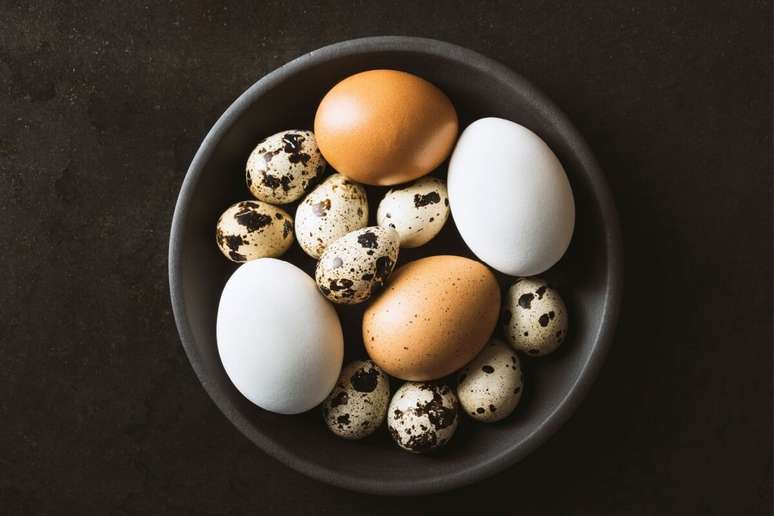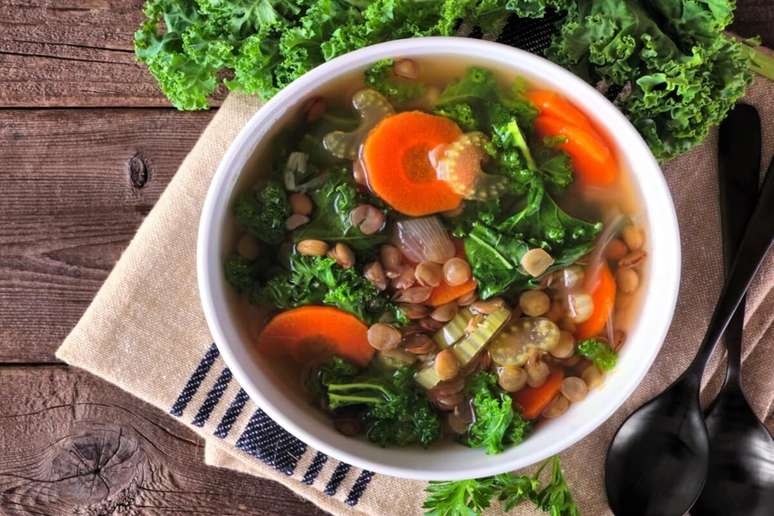Find out the differences between each of them and how to consume them healthily
Eggs, versatile and nutritious, are considered the second best food by the World Health Organization (WHO), second only to breast milk. Source of proteins, vitamins and minerals, they offer unique characteristics that satisfy different tastes and nutritional needs.
Knowing the differences between eggs goes beyond curiosity: it’s an important step in using them more effectively and creatively in the kitchen. They can transform recipes, add new flavors and even provide specific health benefits. To this end, Tamiris Pitana, nutritionist at Água Doce Sabores do Brasil, comments on the different types and how to adapt them to your diet. Check!
1. Farm eggs
Very common in supermarkets, farm eggs are sources of antioxidants, high-quality proteins and mineral vitamins. Furthermore, they can bring numerous health benefits, such as increased muscle mass, improved immune system, increase cholesterol good and helps with memory and concentration. Raised more conventionally, with controlled temperature and light, farm egg birds receive major proteins, such as corn and soy.
2. Free range eggs
Free-range chickens are raised on farms, in a more natural way, without cages and with a balanced diet that includes minerals and vegetables. The yolk of free-range eggs has a more intense yellow color, and the shell can be white, red or even bluish. Free-range eggs are a source of protein, help produce muscle mass and increase satiety. It also helps with weight loss, as well as improving immunity and blood sugar.

3. Quail eggs
Source of fatty acids, essential for the nervous system, quail eggs help prevent neurodegenerative diseases, such as dementia and Alzheimer’sas well as increasing muscle mass, strengthening immunity and bones. It is recommended in children’s nutrition as it is richer from a nutritional point of view. Despite the benefits mentioned, the ideal is to consume a maximum of five quail eggs in the same day, trying to avoid excess fat and nutritional imbalances.
4. Giant eggs
The giant egg weighs at least 66 grams and can be farmed or free range. In foods it is even richer in nutrients such as vitamins A, D, E and B complex, zinc, iron, calcium and selenium. Strengthens bones and teeth, fights anemia and helps weight loss.
5. Duck eggs
Also used in Asian cuisine, duck eggs are rich in B vitamins, considered about six times more nutritious than chicken eggs. It is an ideal alternative for people who want to increase lean mass, firm the skin and improve cell production, since it is a source of calcium and magnesium. Furthermore, the white of this type of egg has antibacterial and antifungal properties. Despite the various benefits, the ingredient has higher cholesterol than chicken eggs.
By Marcela Battista
Source: Terra
Ben Stock is a lifestyle journalist and author at Gossipify. He writes about topics such as health, wellness, travel, food and home decor. He provides practical advice and inspiration to improve well-being, keeps readers up to date with latest lifestyle news and trends, known for his engaging writing style, in-depth analysis and unique perspectives.









